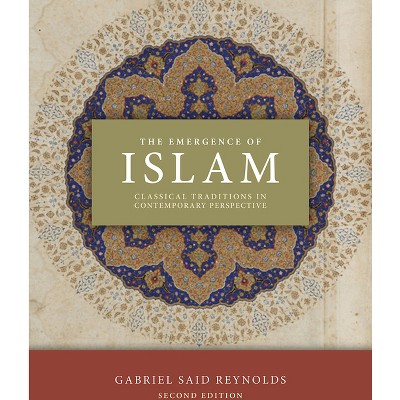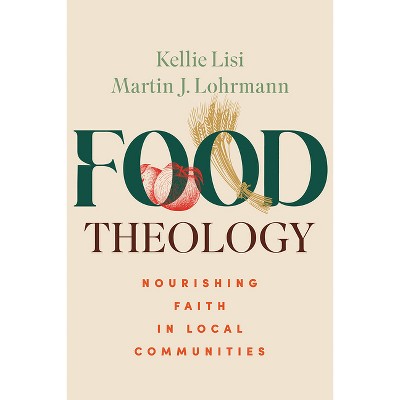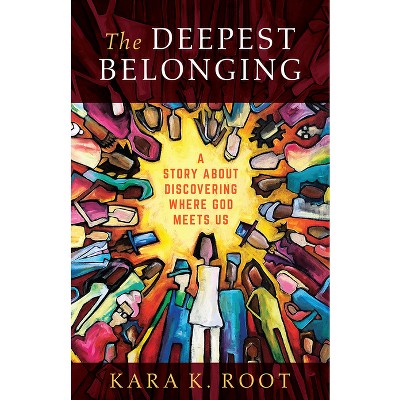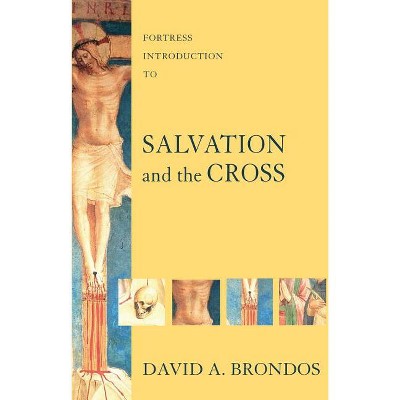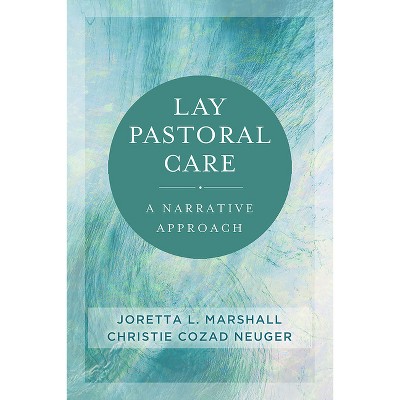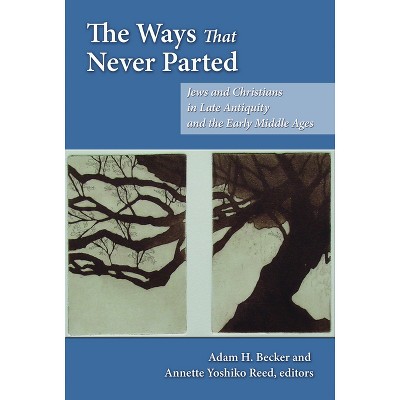Sponsored

The Islamic Mary - by Younus Y Mirza (Paperback)
In Stock
Sponsored
About this item
Highlights
- Mary, the mother of Jesus, has been historically revered throughout the Islamic tradition.
- Author(s): Younus Y Mirza
- 177 Pages
- Religion + Beliefs, Islam
Description
About the Book
The Islamic Mary explores the figure of Mary/Maryam shared between Christians and Muslims. Maryam is revered throughout the Islamic tradition, beginning already in the scripture of the Qur'an. This book examines the varied appearances of Maryam in different Islamic literary, theological, pious, and interfaith contexts.Book Synopsis
Mary, the mother of Jesus, has been historically revered throughout the Islamic tradition. This began already in the Qur'an, where she is called by the name "Maryam." This book examines the varied appearances of Maryam in different Islamic cultural and theological contexts. The chapters in this history extend from Maryam's scriptural mentions in the Qur'an and the biography of the Prophet Muhammad, her appearances in medieval debates regarding prophecy, citations of her virtuous model in Sufi discussions of piety, presentations in art and film, through to her role in modern interfaith relations.
Review Quotes
This book presents an engaging exploration of the figure of Mary/Maryam in Islamic sources and Muslim culture. The work has incredible range, examining Maryam's presence in Muslim scripture, religious literature, theology, and mysticism. It also elucidates the connections between Maryam and a host of other female sacred figures in Muslim culture, from Fatima to Rabi'a. Drawing on a wealth of primary and secondary literature, this book offers a truly comprehensive portrait of the Islamic Mary, while making a compelling case for her importance for contemporary interreligious understanding, especially among the Abrahamic faiths. --Maria M. Dakake, associate professor of religious studies, George Mason University
Younus Y. Mirza's The Islamic Mary is an outstanding book that will be welcomed by Muslims and Christians alike. Mirza's well-written, well-documented, and engaging book provides a multifaceted and in-depth study of the significant role that the Virgin Mary plays in the Qur'an, Muslim history, tradition, scholarship, and Islamic art. --John L. Esposito, Distinguished University Professor Emeritus and founding director of the Prince Alwaleed bin Talal Center for Muslim-Christian Understanding, Georgetown University; and author of Islam: The Straight Path
In this slim volume, author Younus Mirza walks us through portrayals of Mary found in Islamic scripture, prophetic literature, mysticism, art, film, and the present day, offering readers a fresh look at the Muslim Maryam that is engaging and accessible. --Rita George-Tvrtkovic, consultor, Vatican Dicastery for Interreligious Dialogue, and author of Christians, Muslims, and Mary: A History
Younus Mirza's The Islamic Mary is a groundbreaking exploration of Maryam's legacy, blending cutting-edge scholarship with personal insight to appeal to both religious studies scholars and general readers. The work examines Mary's enduring and novel roles in Islamic thought, devotion, and mysticism--spanning Qur'anic accounts and feminist scholarship--all while illuminating connections with Christian theology. This comprehensive, accessible survey highlights Mary's significance across centuries, from early Muslim texts to contemporary interfaith dialogue. --Celene Ibrahim, author of Women and Gender in the Qur'an
Younus Mirza's The Islamic Mary provides one of the most comprehensive and compelling overviews of Mary's representation in the Qur'an, prophetic tradition, medieval Islamic scholarship, and contemporary literature. Grounded in research from a wide variety of genres, this book is essential reading for anyone who seeks an accurate understanding of Mary and her significance to Muslim communities. --Hadia Mubarak, associate professor of religion, Queens University of Charlotte
This outstanding study offers one of the most thorough examinations to date of the figure of Mary in the Islamic tradition. Deeply researched and clearly presented, it is poised to become a definitive reference on Islamic conceptions of Mary for years to come. --Feryal Salem, associate professor of Arabic and Islamic Studies, American Islamic College
Shipping details
Return details
Trending Non-Fiction






